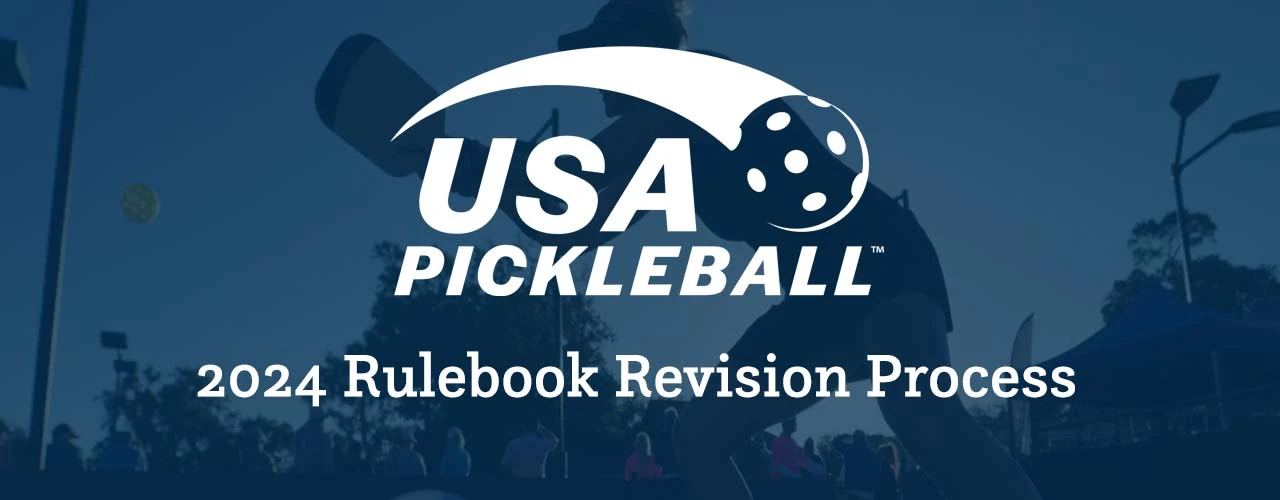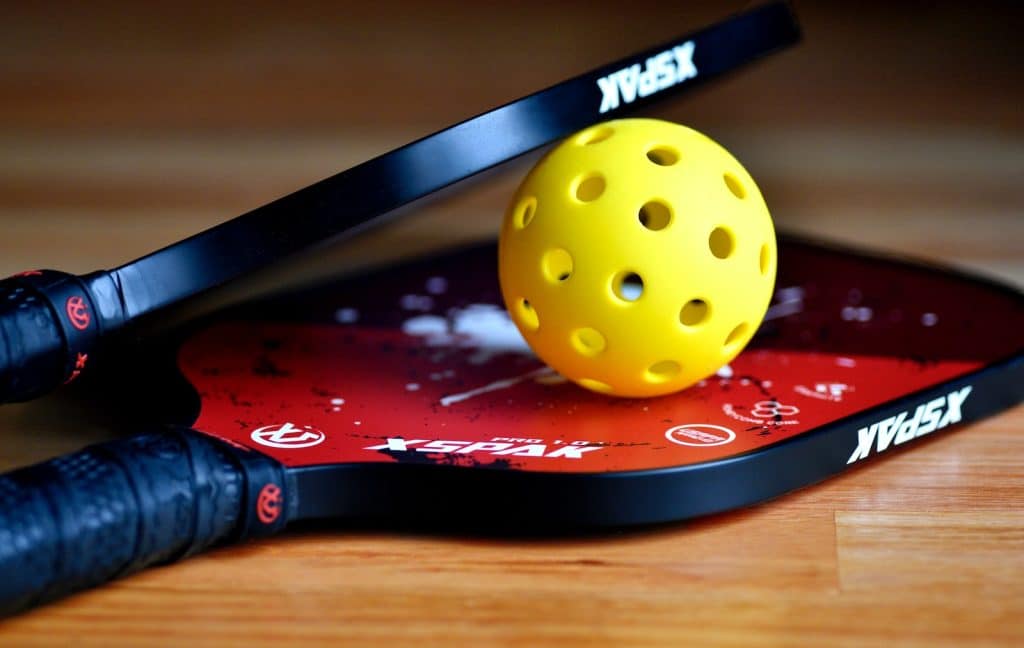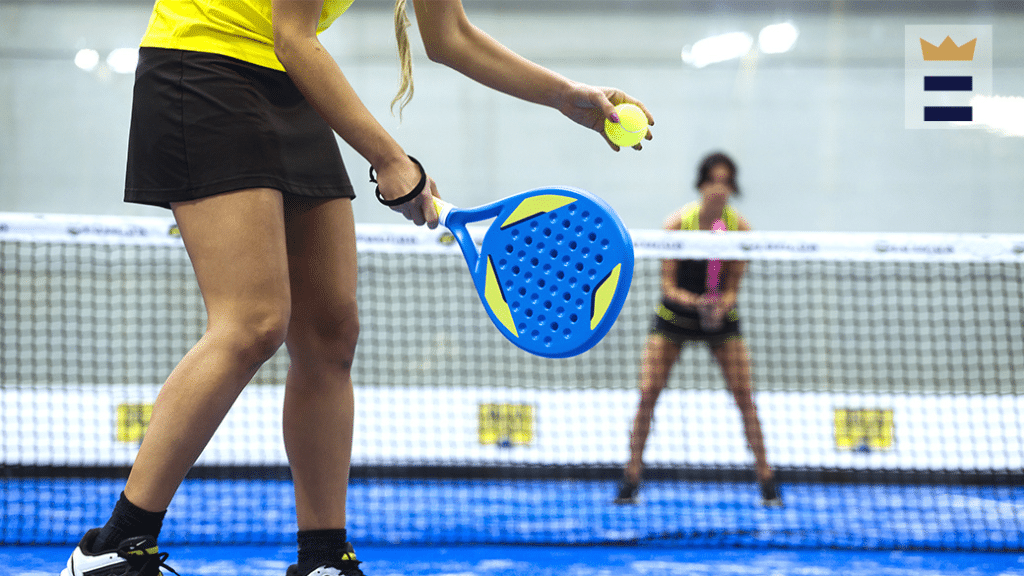It’s January 2024 and the much-anticipated 2024 USA Pickleball Official Rulebook has just been released. For pickleball players who look forward to seeing what’s new each year, let’s dive into the key rule changes and updates that will impact gameplay and tournaments.
This year, 92 rule suggestions were submitted by USA Pickleball members during the submission period that closed in May 2023. After extensive review and voting by the USA Pickleball Rules Committee and Board of Directors, 27 total rule changes were approved for 2024. Most are minor tweaks to wording to clarify existing rules. However, there are a handful of more notable changes summarized below that all players should know before taking the court.
These adjustments aim to simplify rules, reduce potential disputes, and make the game more consistent and enjoyable for players of all levels. While many rules remain the same, it’s important to review these changes as you prepare for the 2024 pickleball season. Read on to learn about carry and double hits, timeouts, the fix-it-first referee rule, and other key modifications coming your way when the 2024 rulebook goes into effect.
- Rule Simplification – Carry and Double Hit (Rules 7.L and 11.A): The most significant rule change involves removing the terms ‘deliberately’ and ‘unintentional’ from the Carry Rule (Rule 7.L) and the Double Hit Rule (Rule 11.A). This simplification eliminates the need for referees to determine intent. Now, any carry is considered a fault, and there’s no longer a need to assess whether it was deliberate. It’s important to note that double hits are still permitted. Players should familiarize themselves with the definitions of a carry and a double hit as outlined in Rules 3.A.2 and 3.A.9.
- The Catch or Carry Rule (Rule 7 L): Players are no longer allowed to catch or carry the ball with their paddles during the game. Unlike the previous rule, which required referees to determine if it was deliberate, this rule simply states that any catching or carrying of the ball is illegal.
- Checking Opponent’s Paddle (Non-Officiated Play) [Rule 13.L.2.a]: In non-officiated play, players may now request the Head Referee or Tournament Director inspect an opponent’s paddle if they suspect it is illegal.
- Ball Condition Clarification (Rule 11.E): Rule 11.E now provides criteria for addressing degraded and soft balls. In non-officiated play, a degraded or soft ball may be replaced by agreement of players, but no rally replay is permitted unless the ball is cracked or broken and impacted play.
- Use of Regular Timeouts after Medical Timeout (Rule 10.B.2.c): The 2024 rule change allows players to utilize any remaining regular timeouts after a medical timeout. This adjustment contrasts with the 2023 rule, which implied that if a player couldn’t resume play after a 15-minute medical timeout, they had to retire. Now, players can use regular timeouts to extend the time for resuming play.
- Pending Rule Change – Rally Scoring: It’s worth noting that there’s one pending rule change regarding rally scoring. The USA Pickleball Board of Directors has decided to gather data before making a final decision on this matter.
- The Fix-It-First Referee Rule (Rule 4 B9): If a player is in the incorrect server position, receiver position, or any other player position error, the referee is now required to correct it. This rule change aims to prevent confusion and ensure the game is played correctly.
- The Draping Net Rule (Rules 2.C.6 and 11.L.5.b): When the ball hits the top of the net, rolls over, bounces, and hits the net below (or a bar), it’s now automatically replayed. Previously, referees had to decide whether this affected the outcome of the point, leading to potential disputes.
- The Ball Crack Replay Rule (Rule 11e): If a ball cracks during a rally, the rally may be replayed but only if all players agree the cracked ball impacted the prior outcome.
- Skinny Singles (Mini-Singles – Section 120): Mini Singles (or Skinny Singles) is an exciting addition to the game. In Mini Singles, players compete one-on-one on half the court, with a line drawn from the net to the non-volley zone as the boundary. This format caters to those who enjoy solo play without covering the full court, making it more accessible for players. However, it may pose a challenge at the tournament level as it introduces a new court layout.
These rule changes aim to make pickleball more straightforward and enjoyable for players while reducing potential disputes. It’s important for players to familiarize themselves with these changes to ensure a smooth gameplay experience.



